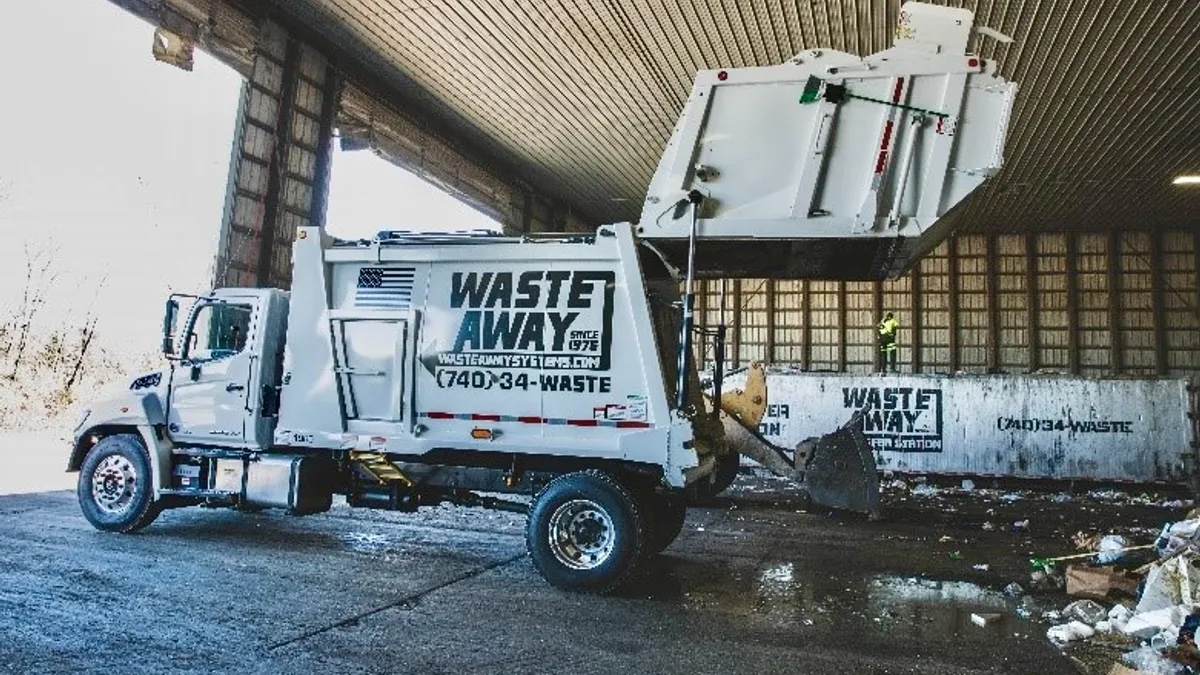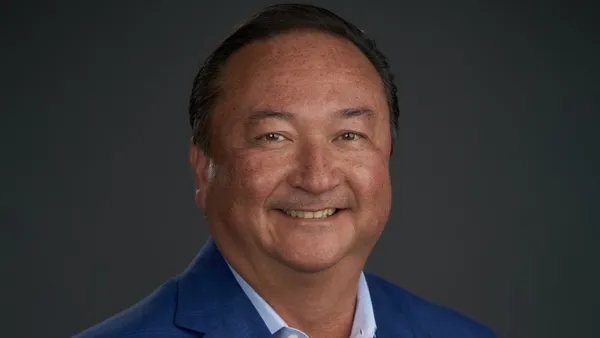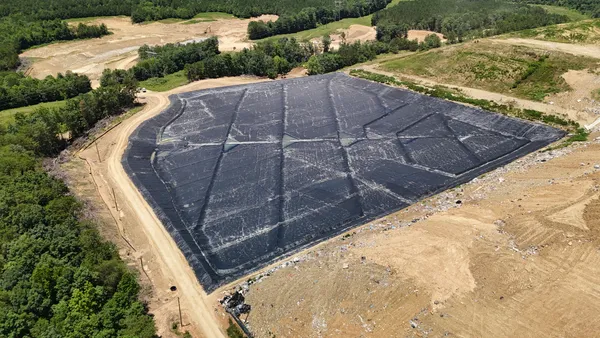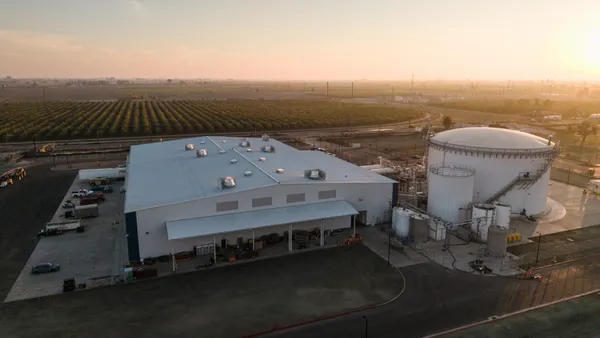Dive Brief:
- WIN Waste Innovations has acquired Waste Away Systems, an independent hauler based in Heath, Ohio, according to the company. Financial terms were not disclosed.
- Waste Away generates an estimated $15 million in annual revenue, with 45 employees and a range of collection operations — including 11 municipal contracts.
- The deal also includes a transfer station that handles around 400 tons per day of MSW and C&D. WIN Waste plans to internalize this volume at its nearby Tunnel Hill Reclamation Landfill.
Dive Insight:
This deal marks New Hampshire-based WIN Waste’s first collection acquisition outside of the Northeast, in the latest sign of its growing ambitions as a company now generating more than $1 billion in annual revenue.
WIN Waste, which has private equity backing from Macquarie Infrastructure and Real Assets, was created last spring through the combination of 10 entities — most notably Wheelabrator Technologies and Tunnel Hill Partners. Further acquisitions have followed, expanding the company’s C&D collection and recycling capabilities. Today, it has 14 waste-to-energy combustion facilities, three rail-served landfills (including one purchased from GFL Environmental in Georgia over the winter), more than 20 transfer stations, multiple MRFs and a range of collection operations throughout the Northeast.
The Tunnel Hill assets included two sizable rail-served landfills in Ohio — Sunny Farms, south of Toledo, and THR, outside of Columbus — making WIN Waste the largest waste-by-rail operator in the country.
CEO Robert Boucher said future Ohio expansion opportunities likely lie in the Columbus suburbs, as the city itself has a flow control arrangement for waste.
“We’re all very excited about that and obviously we would do some follow-ons,” he said, speaking about Waste Away, “we'd see that as a platform for us in that market area.”
The THR site took in more than 1.6 million tons of waste in 2019, according to the most recent Ohio Environmental Protection Agency data, and is among the largest landfills in the state. Waste Away’s Heath transfer station generally operates four to five tractor trailer routes per day, which will make a 35- to 40-minute drive to THR.
“Where we can get our trucks going to our facilities that's a differentiator for us as it relates to profitability and cash flow,” said Boucher, speaking about the company’s overall strategy.
Waste Away’s operations currently cover 18 collection routes, with 8,600 residential accounts across the 11 municipal contracts, 7,400 over its residential subscription base, 1,800 commercial customers and a roll-off business that services temporary and compactor customers.
According to the company’s website, Waste Away’s roots can be traced back to 1976 when it was founded by John Young. The company was revived in 2012 by CEO Seth Ellington (Young’s grandson) as a one-truck operation. Ellington, as well as Chief Financial Officer Drew Knoesel and the local operations team, are expected to be closely involved with the integration process and daily operations “for the foreseeable future.” The transaction does not include any of Waste Away’s ancillary businesses, such as septic services, excavation and portable restrooms.















